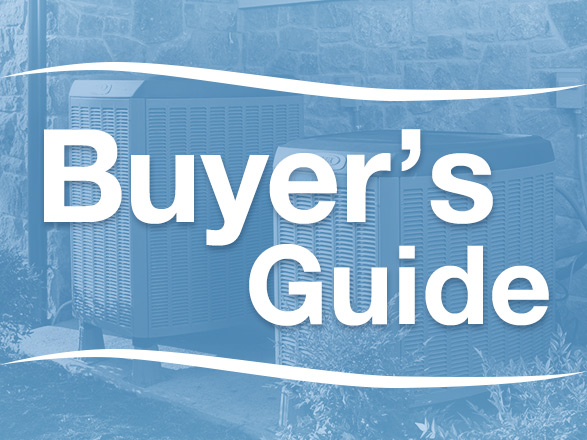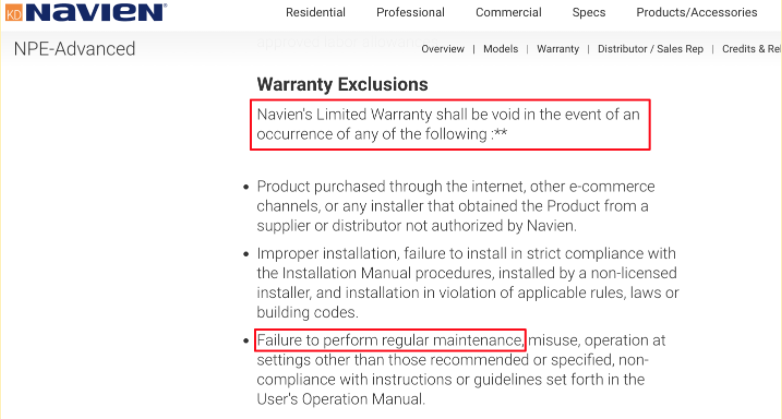
Why such a broad range? There are several factors that impact the cost to repair a boiler:
- What needs to be repaired
- Whether your warranty covers the repair
- How often you tune up your boiler
- The contractor you hire
Cost factor #1: What needs to be repaired
As with any household appliance, repairing some components will cost more than others. Here are the costs of common boiler repairs:
- $165–$475 to replace a broken ignitor. A boiler ignitor creates the initial spark/heat that ignites the fuel (oil, gas or propane). Once ignited, the fuel burns to create heat. So, if your ignitor is bad, you won’t have any heat.
- $140–$415 to flush out mineral deposits. Minerals from hard water can cause limescale build-up in the walls of your boiler tank. This can interfere with heat transfer and cause the system to overheat. Sediments can also settle at the bottom of the boiler tank, decreasing the room available for water and interfering with the tank’s pressure valves. Flushing these sediments out will get your system running back to normal.
- $225–$635 to replace the expansion tank. If your boiler is leaking or overheating, your expansion tank most likely has too much water (and too little air) and needs to be replaced.
- $435–$1,800 to replace the circulator pump. Similar to what a blower does for furnaces, a “circulator” pump does for boilers: it pushes hot water through pipes and radiators to warm your home. If your circulator isn’t working, your system won’t heat your house.
- $50-$300 to fix pipe leaks. Pipes in your boiler system can get leaks, which will reduce your system’s efficiency or make it stop working altogether. Leaks can also cause water damage to your home, so you’ll want to get those fixed ASAP.
*Disclaimer: These price ranges are average costs on most repairs and installations. Exact cost will depend on the age of your system and maintenance performed over the years.
Read about troubleshooting common boiler problems in our post, “Why Is My Gas Boiler Not Heating My Water?”
Cost factor #2: Whether your warranty covers the repair
If your boiler repair is covered under your warranty, that cuts down your repair costs significantly.
Not sure if your boiler is still under warranty? To start, three kinds of boiler warranties to look at include:
- Manufacturer warranty: The manufacturer (e.g., Weil-McLain, Navien, etc.) normally covers any defective parts of the boiler for 5–10 years after installation. Heat exchangers (the most expensive part of a boiler) often have separate warranties lasting anywhere from 15 years to the lifetime of the unit.
- Extended warranty: This is an optional warranty purchased when you get your boiler installed. It extends your parts or labor coverage (whichever you choose) for an additional 5–10 years.
- Labor warranty: Provided by the contractor who installed your unit. This warranty covers the labor cost to repair your boiler, usually 1–2 years after installation.
So, how do you determine if your boiler is still covered?
- Check your boiler manufacturer’s website for warranty information on your make and model (found in your boiler owner’s manual). If you can’t find anything there, try calling their customer service department.
- Call the contractor who installed your boiler to find out if they have any details of your warranty on file.
Just a warning, most manufacturers will void your warranty if you haven’t had it regularly maintained over the years.

Navien explicitly states that “failure to perform regular maintenance” voids the warranty.
To avoid this problem, make sure you get your boiler tuned up on a regular basis.
Cost factor #3: How often you tune up your boiler
If you get your boiler tuned up once a year, which is what we recommend, you’ll be less likely to pay hefty repair costs throughout the year.
Getting regular boiler tune-ups is like getting check-ups at the doctor: It will save you from expensive surgeries/treatments in the future. A tune-up will detect most boiler problems before they turn into costly repairs.
What’s included in a boiler tune-up?
Most boiler tune-ups include:
- Resetting thermostat controls (improves comfort and efficiency)
- Checking for leaks in the system
- Inspecting the heat exchanger
- Checking the condensate drain on condensing boilers
- Inspecting fuel and electrical connections
- Checking the system pressure and valves
Note: This just is a general overview of what most boiler tune-ups include. Some companies, including Air Experts, perform all of the above and much more to make sure every component of your boiler is working properly.
Cost factor #4: The contractor you hire
When it comes to boiler repair labor costs, quality contractors will charge more. Why? Because they provide better quality service.
You get what you pay for with HVAC contractors. If you choose the cheapest contractor you can find, you’re practically asking to pay for more repairs down the road.
The bottom line is that you’re better off hiring a contractor with experience and skills that will save you money in the long run.
To get a more accurate idea of how much your labor costs will be, ask your contractor:
- If they charge a service fee. Most contractors will charge a fee of $89–$160 to come out to your home and diagnose what needs repaired (this charge does not include the actual repair). Some contractors will waive this fee if you book the repair in the same visit.
- Whether they charge a flat-rate or by the hour. With flat-rate pricing, you’ll pay a fixed price (parts included, usually) regardless of how long it takes to fix the boiler. With hourly pricing, you’ll pay the costs of parts plus how long it takes to repair the boiler.
Need a boiler repaired in New Jersey?
We’ll send one of our techs over to inspect your boiler and give you a fair quote to repair it.
